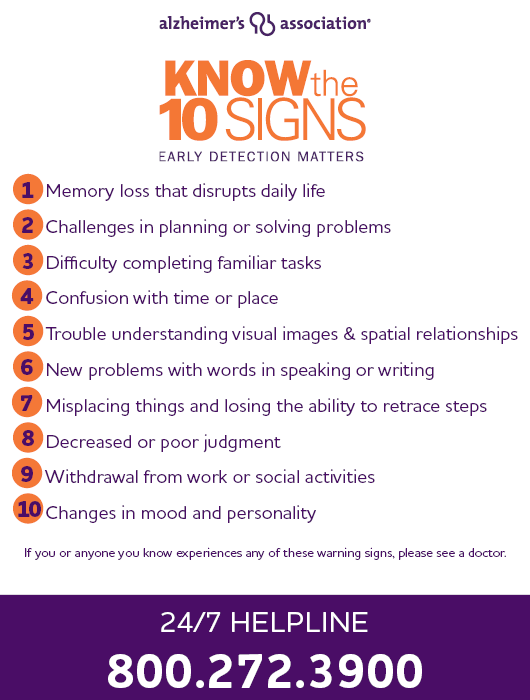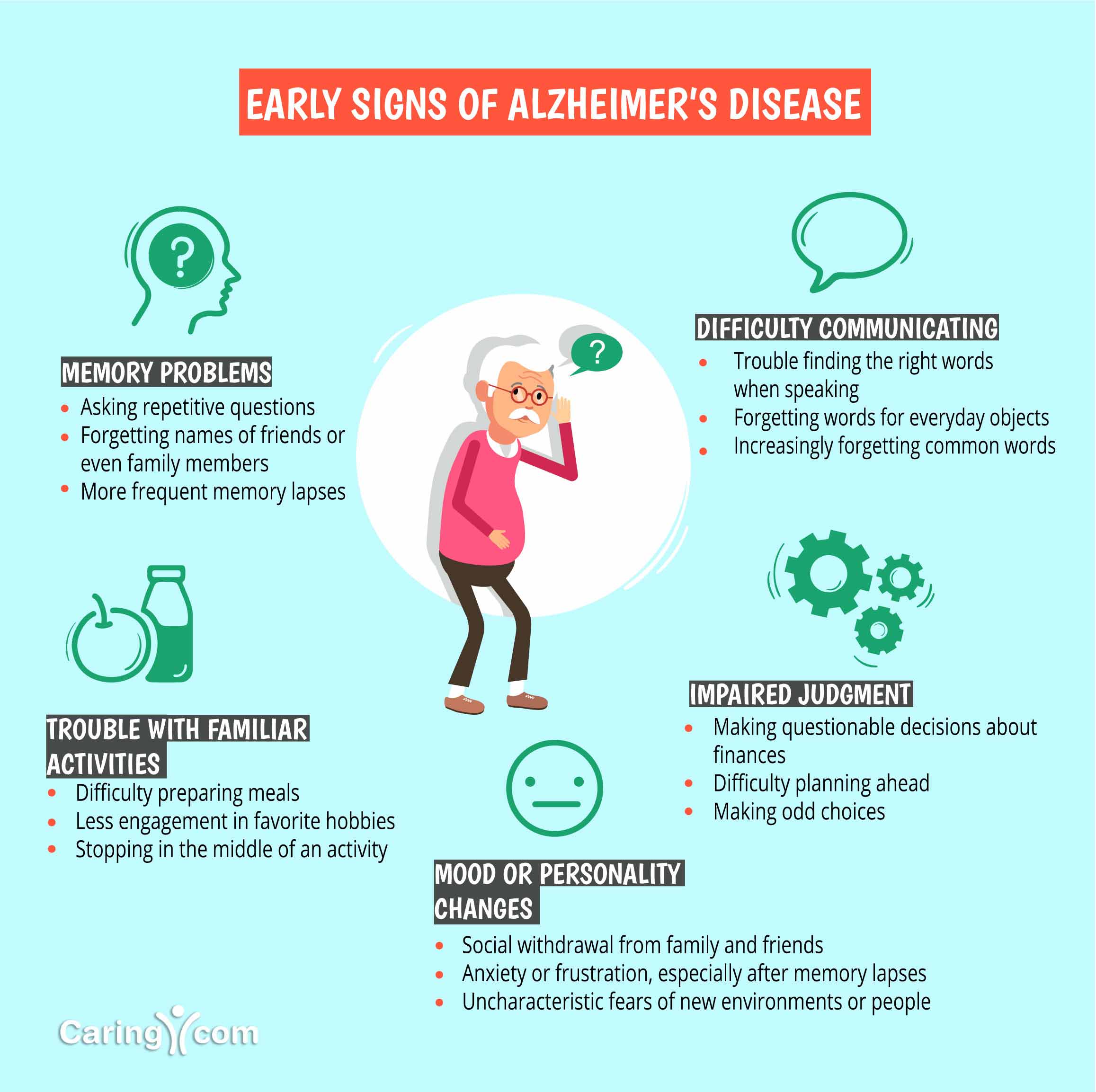ALS researchers worldwide were invited to participate in a detailed online survey to. To determine the degree of consensus among clinicians on the clinical use of genetic testing in amyotrophic lateral sclerosis ALS and the factors that determine decision-making.
 Als Trials Als Clinical Research I Just Took A Dna Test Turns Out I Don T Have All The Answers Educational Webinars For People With Als Caregivers
Als Trials Als Clinical Research I Just Took A Dna Test Turns Out I Don T Have All The Answers Educational Webinars For People With Als Caregivers
Genetic testing should be offered to ALS patients who have a first-degree or second-degree relative with ALS FTD or both and should be discussed with but not offered to all other ALS patients.

Als genetic testing. About 60-70 percent of individuals with Familial ALS will have a positive genetic test result meaning a mutation has been identified. Although there is a genetic test for ALS it is still quite limited. If there is a family history of the disease doctors may order genetic tests to see if the patient has one of the nine identified mutated genes associated with ALS.
Genetic testing for patients with ALS should be considered on a case-by. Genetic testing is a personal choice. A number of genetic variants are closely linked to ALS.
The SOD1 gene codes for an enzyme known as superoxide dismutase. Genetic testing options for patients with amyotrophic lateral sclerosis ALS. This panel does not cover the expansion of a hexanucleotide repeat in a non-coding region of C9orf72.
The genetic heterogeneity associated with these conditions can make it difficult to use phenotype as the sole criterion to select a definitive cause. People at risk or suspected of having some of the most common neurodegenerative disorders including amyotrophic lateral sclerosis ALS may now access a genetic test at no charge that could. Major genetic components in ALS SOD1.
Since the vast majority of patients do not have the hereditary type of ALS diagnosis of ALS is not determined by a genetic test. Is a 35 gene panel that includes assessment of non-coding variants. If C9orf72 testing is negative then the ALS sequencing panel and ATXN2 repeat expansion testing will be performed.
Is ideal for patients with a clinical suspicion or diagnosis of amyotrophic lateral sclerosis ALS. The Invitae Amyotrophic Lateral Sclerosis Panel analyzes genes that are associated with amyotrophic lateral sclerosis ALS a progressive neurodegenerative condition involving loss of upper and lower motor neurons. 1 information about ALS 2 the purpose nature and consequences of the genetic testing 3 risks involved in the procedure 4 limitations of test interpretation eg other not yet identified Mendelian genes genetic mutations that predispose to ALS in particular regarding C9ORF7217.
Genetic testing can help determine the cause of Familial ALS in a family. Adults with symptoms or a family risk of ALS in the US Canada Australia and Brazil may have their doctor request a free genetic test through Invitae. By providing genetic testing for research studies you may help researchers discover another mutation or.
Results for the C9orf72 ATXN2 and. Genetic testing is often a major part of medical research for ALS. The vast majority of ALS cases are sporadic meaning that although there is likely a genetic predisposition involved ALS is not directly inherited in a family.
Some unaffected people want to know if they are at risk for ALS while others would prefer not to know. Genetic testing in ALS A survey of current practices ABSTRACT Objective. Explaining the progression of ALS ALS News Today is strictly a news and information website about the disease.
As is a consideration for genetic testing of apparently sporadic disease and recognition that each ancestral population will have a different genetic profile. Yes are approved or conditionally approved by New York State and do not require an NYS NPL exemption. Does a genetic test diagnose ALS.
Amyotrophic lateral sclerosis ALS NEW YORK CLIENTS Tests displaying the status New York Approved. Although familial ALS only accounts for 10 percent of ALS cases there are still many unknowns. Testing is most useful in a person who has been diagnosed with ALS.
The information leaflet should include the following. Specific gene mutations associated with the disease lead to the pathological accumulation or premature degradation of misfolded proteins which ultimately triggers neurodegeneration. The C9orf72 hexanucleotide repeat expansion will be performed first as this is the most common cause of ALS.
Around 10 percent of ALS cases are genetic. Guidelines for presymptomatic testing in a research setting that includes predecision pretest and. Some people with ALS want genetic testing to better understand why they got the disease and help other family members.
Genetic Testing for ALS - ALS is directly hereditary in only 10 percent of families.









